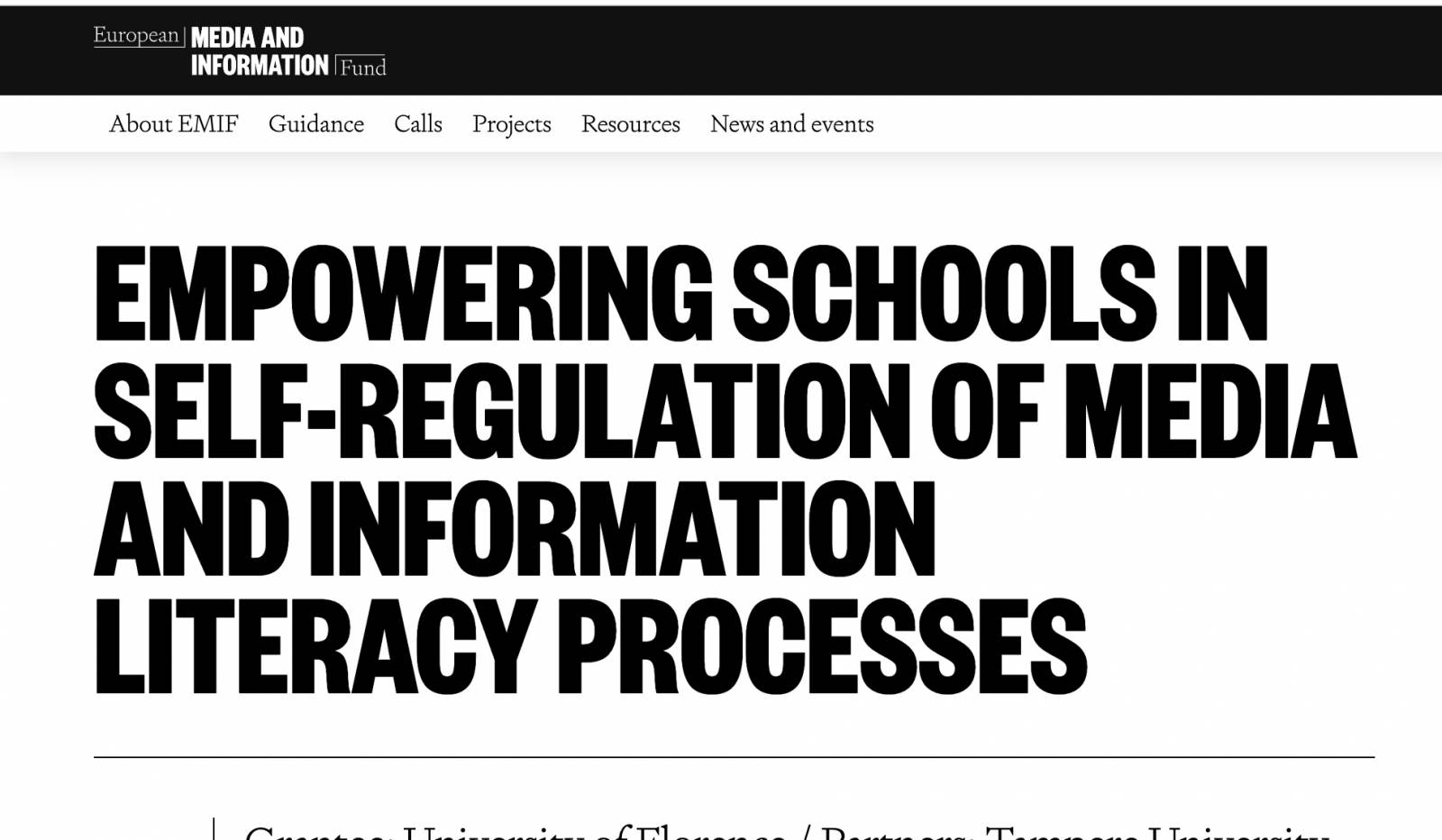The EduLit-research group has received funding from the European Gulbenkian Foundation (EMI Fund) to develop critical online reading education (Empowering Schools in Self-regulation of Media and Information Literacy Processes).
The abundance of misleading information on the internet can confuse readers. The problem for the citizen is to make sense of all this information, including accessing it, having a critical understanding of it, interacting with it, and fact-checking. Critical online reading skills are needed to evaluate the credibility of information.
The funded project aims to support children and adolescents’ critical online reading skills. The project will develop an adaptive, educational game that will train pupils to regulate their cognitive processes when interacting in online environments.
Another aim is to support teachers in teaching critical online reading. At the University of Tampere, the project will develop a model for teachers’ professional development and produce multimodal and accessible materials for in-service teachers. The purpose is to increase teachers’ knowledge of critical online reading and to support the translation of this knowledge into practice. In addition, researchers from the University of Tampere are involved in developing content for the educational game.
The amount of funding awarded is 399,459.91 €. The project is coordinated by the University of Florence. In addition to the University of Tampere, the other partners are the Anastasis research organization in Bologna and the Romanian American University.
The funding from the Gulbenkian Foundation will complement the work of the CRITICAL project. CRITICAL is funded by The Strategic Research Council (SRC), and it aims at supporting children’s and adolescents’ critical reading skills and developing innovative learning solutions to enhance critical reading skills of children and adolescents.
New funding exploits the research done within CRITICAL, especially in supporting teachers’ professional development and in developing materials for in-service teachers.
The European Media and Information Fund (EMIF) supports collaborative efforts to debunk disinformation, amplify independent fact-checking, and enable targeted research and innovation tools designed to strengthen resilience and the ecosystem’s response to disinformation.
For more information about the project:
Pirjo Kulju (pirjo.kulju@tuni.fi, tel. 040 8341652)

